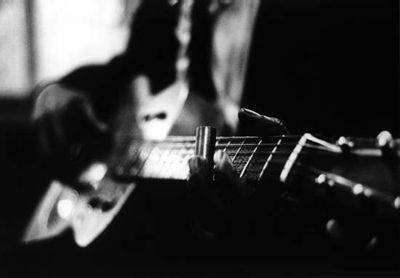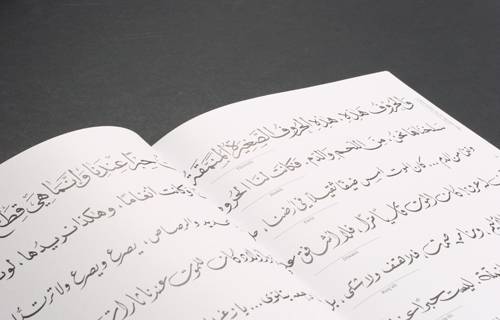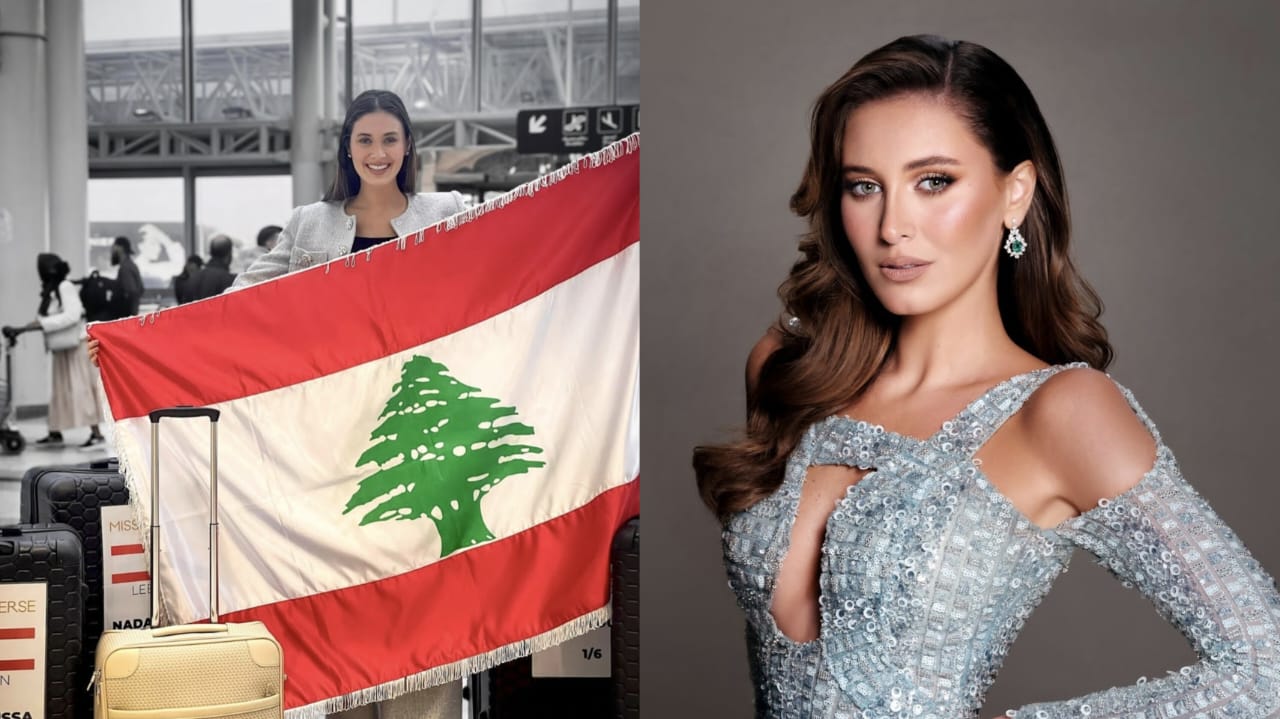The Thrill Is Gone: Thoughts on a Blues Malaise in Beirut
The blues scene in Beirut can be summed up by a tetrafecta of acts, and divided into two camps. On the one hand, you have the old timers and stalwarts regurgitating the classic sterilized Chicago blues sound epitomized by the likes of B.B. King, Bobby Bland, Albert King, and the later years of Muddy Waters. These are The Quadrangle’s Monday Blues Band, the Real Deal Blues Band (Thursday night regulars at Jounieh’s Mr. Boston, and occasionally the Blue Note Café), and the schizophrenic gigging of Shady and the Band.
On the other hand, you have the delta blues sound of early John Lee Hooker, early Muddy Waters, R.L. Burnside, and so forth, channeled through the distorted blues-rock revival of The White Stripes and the Black Keys. As far as I know this camp is exclusively the domain of the Wanton Bishops.
There are no doubt a number of lesser acts of varying talent, but none as consistent as the above four pillars.
What’s the problem with the blues scene in Beirut?
They’re not really the blues. The blues is a feeling, a malaise, a frustration, a heartbreak. While the sound itself has become a diluted and compartmentalized tone, rarely venturing outside of the 12 bar progression (as evidenced by the first camp), or amplifying distorted riffs of similar time signatures (as in the second camp), none of them are actually frustrated by anything or suffering anything.
Don’t get me wrong. All these bands are excellent. The folks in the first camp are professionals, playing with exquisite skill and unparalleled cohesion. I would lay my stock in them against the best of any cosmopolitan city in the world. Most noteworthy is the occasional collaboration between Shady Nashef and Arthur Satyan, arguably the best jazz musician in town, a staggering thrill when the two let loose and dance the tit for tat soloes of one-upmanship.
The second camp is a refreshing burst of energy and theatrics, hazarding to introduce a sound unheard in the Middle East. The rapidity of their surging success is unparalleled by any other local act in Lebanese history, and quickly outgrew the small venue act they briefly were.
But there is little in the way of experimentation with the genre as evidenced by bands abroad (read Ten Years After’s Sssh or Tom Waits’ Raindogs or the polarizing JSBXs anything) or blues for the sake of blues with little regard for structure (i.e. John Lee Hooker’s one bar monologues and unorthodox free-style progressions). Even in the Wanton Bishops’ clear on-stage mimickry of drunken bravado and rockstar swagger they miss the diversity of the Doors sound and lack the poetry of Jim Morrison’s lyrics.

All the bars have whiskey, but there are no whiskey bars.
Like I said, it’s not really the blues. I don’t feel it. They’re having a good time, they are playing well, and they are putting on a great show. But the blues, and by that I mean any sound borne upon despair or sadness or frustration, is a rare thing nowadays, the genuine article an endangered species extinct in larger cities like New York or Toronto. You have to look for it in dumps and dives in the cloudy underbellies of lesser towns and hideaways of the world, places like the Painted Lady of Detroit or the Chateau Lafayette of Ottawa, where poverty and destitution still drives the mournful wails, or the middling frustration and ennui of suburbia that birthed the punk sound, a veritable blues offshoot if ever there was one. There are no dive bars in Beirut, the closest thing being perhaps the Captain’s Cabin in Hamra, and even there the best act I’ve seen is the hopeless jousting on its war-torn pool table.
Are there any real bluesmen within the city’s cultural renaissance? Until they slink out of their rotting cedar woodwork, the four figure fixtures will continue to be the live fix I crave between fluctuating bouts of Captain Beefheart and Billie Holiday on my cassette player, depending on my mood.




